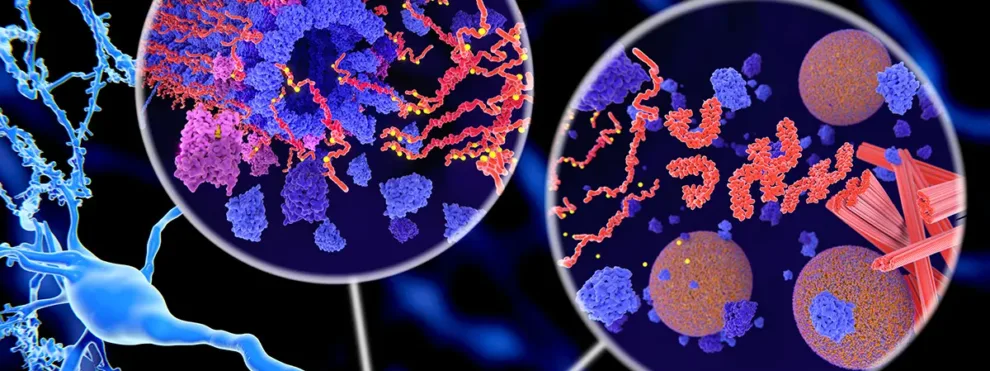Phosphoflow cytometry assays are becoming a valuable tool for researchers developing immuno-oncology applications because data from these assays can provide critical mechanistic insights. Phosphoflow assays measure phosphorylated proteins in cells, which is a critical readout for cell signaling responses. Check out these five facts about phosphoflow cytometry and consider adding this tool to your cytometry toolbox.
1. Phosphoflow cytometry assays can measure multiple targets in a single assay.
Protein phosphorylation is a functional modification to cytokines, transcription factors and other proteins involved in cellular signaling and metabolic processes. Phosphoflow cytometry assays can measure multiple phosphorylated proteins in a single assay by using antibodies that detect phosphorylation and antibodies that are specific to cytokines or other phosphorylated proteins within cells.
2. Phosphoflow assays can measure phosphorylation at a single cell level.
Like all flow cytometry assays, phosphoflow assays can provide data about the phosphorylation state of intracellular proteins. A phosphoflow cytometry staining panel can label both cell surface proteins and intracellular phosphorylated proteins and provide a snapshot of cytokine and cell signaling protein phosphorylation in different cell types.
3. Phosphoflow assays can be done on heterogeneous samples.
Typically, specific cell types with phosphorylated proteins occur at very low frequencies, and phosphoflow assays can be done with heterogeneous samples, like whole blood, to measure phosphorylation states of proteins in rare cell populations without prior cell enrichment steps.
4. Phosphoflow cytometry assays use specialized reagents.
Protein phosphorylation is a transient state, and in vitro assays must be adjusted to measure phosphorylation accurately. Specialized buffers and reagents can preserve the phosphorylation state of intracellular proteins during processing and staining steps while not altering fluorescent antibody staining.
5. Phosphoflow cytometry provides data for mechanistic insights.
Phosphoflow data reveals changes in cell signaling and provides insights into how different cell types respond to novel immuno-oncology (IO) therapies. We are just starting to understand how IO therapies function at the mechanistic level. Phosphoflow data is critical to advancing the development of novel IO therapies or improving the efficacy of combined therapies. Phosphoflow assays are also critical to advancing research in regenerative medicine and stem cell applications.
Phosphoflow cytometry is a valuable tool that will be used with greater frequency in the IO research function as well as other key biomedical research areas. Consider consulting with phosphoflow cytometry experts to add this powerful assay in your research studies.

